I thought that I was having a pleasant if restrained Christmas – a fancy half-langoustine done up by the charcuter in aspic, with a dressing of boiled egg and tomato, a slice of truffle pate, some pre-prepared potato dauphinois, and a few fancy sweets, but having read the local Autun paper, which filled its front page with a no doubt highly popular vox pop of “what are you doing for Christmas?” I know that I’m serious underdoing it. Each respondent has an almost identical list: snails, foie gras, oysters, roast beef, smoked salmon, cheeses, to which there are added variations, mostly around dessert, along the lines of chocolate mousse, Christmas biscuits and Christmas ice cream.
It still seems to be the women who are responsible for this labour – although it was clear from the crowded butcher in Etang sur Arroux last on Christmas Eve that the French form of the ready meal – as prepared by your local shop – is well used. “How long should I cook it for? What temperature?” the woman in front of me was anxiously asking. Most shoppers were taking away a wooden crate containing several large foil dishes – enough to feed a small army.
I’m thinking about spending the afternoon working in the garden, but perhaps that will shock the locals – it seems Christmas is sacred in French – in a carefully secular sense – the small towns and hamlets are all festooned with lights (as are many of the houses), but all in a carefully secular – snowmen and reindeer – sense. I was surprised that the local paper is full of notices from mayoral and other official offices saying they are closed on Christmas Day (well isn’t that kind of obvious?) but I suspect this is a sign of anxiety about the officially secular state – and if that’s the case, shouldn’t offices be open today?
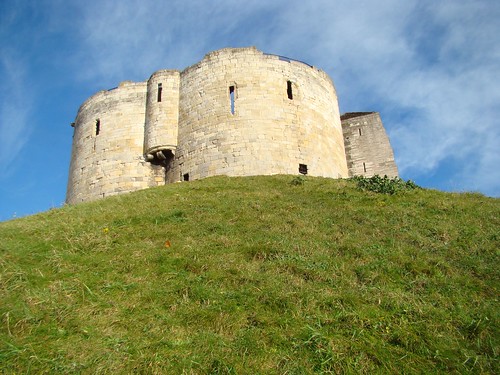
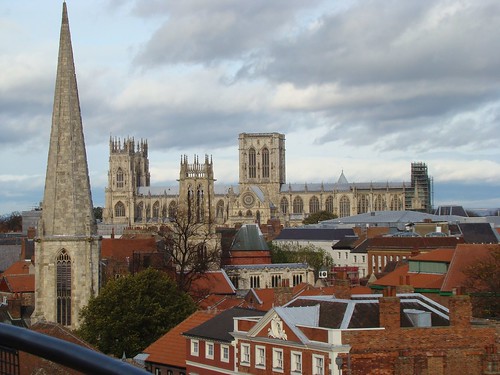
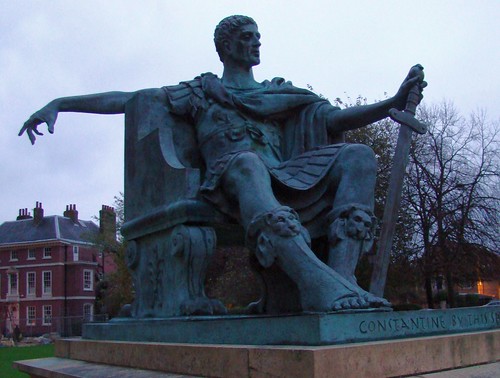
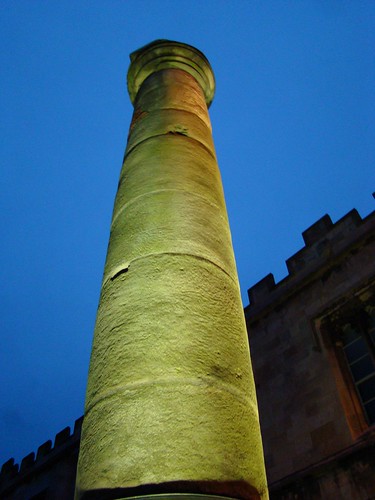
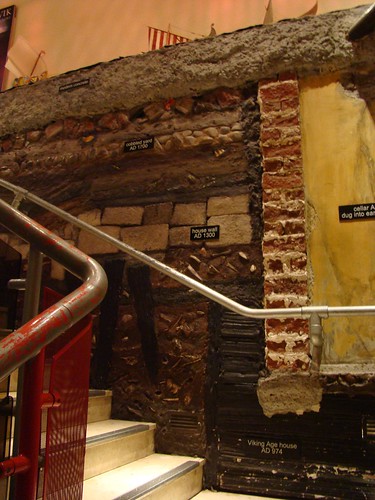
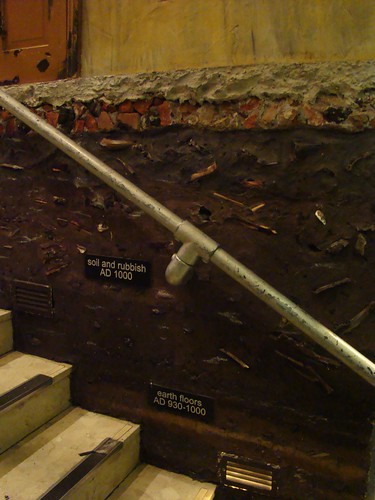
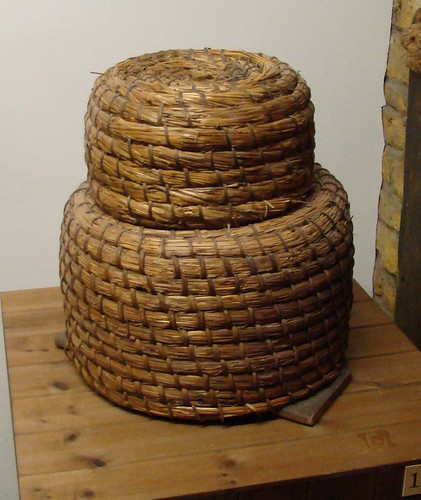
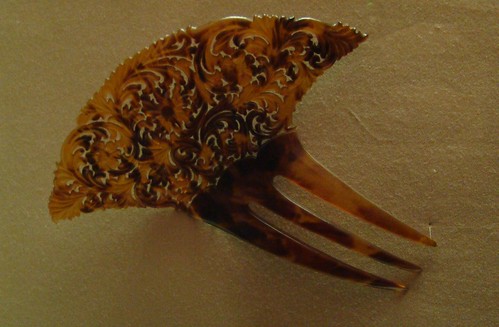

 About
About